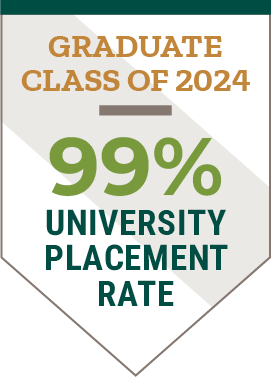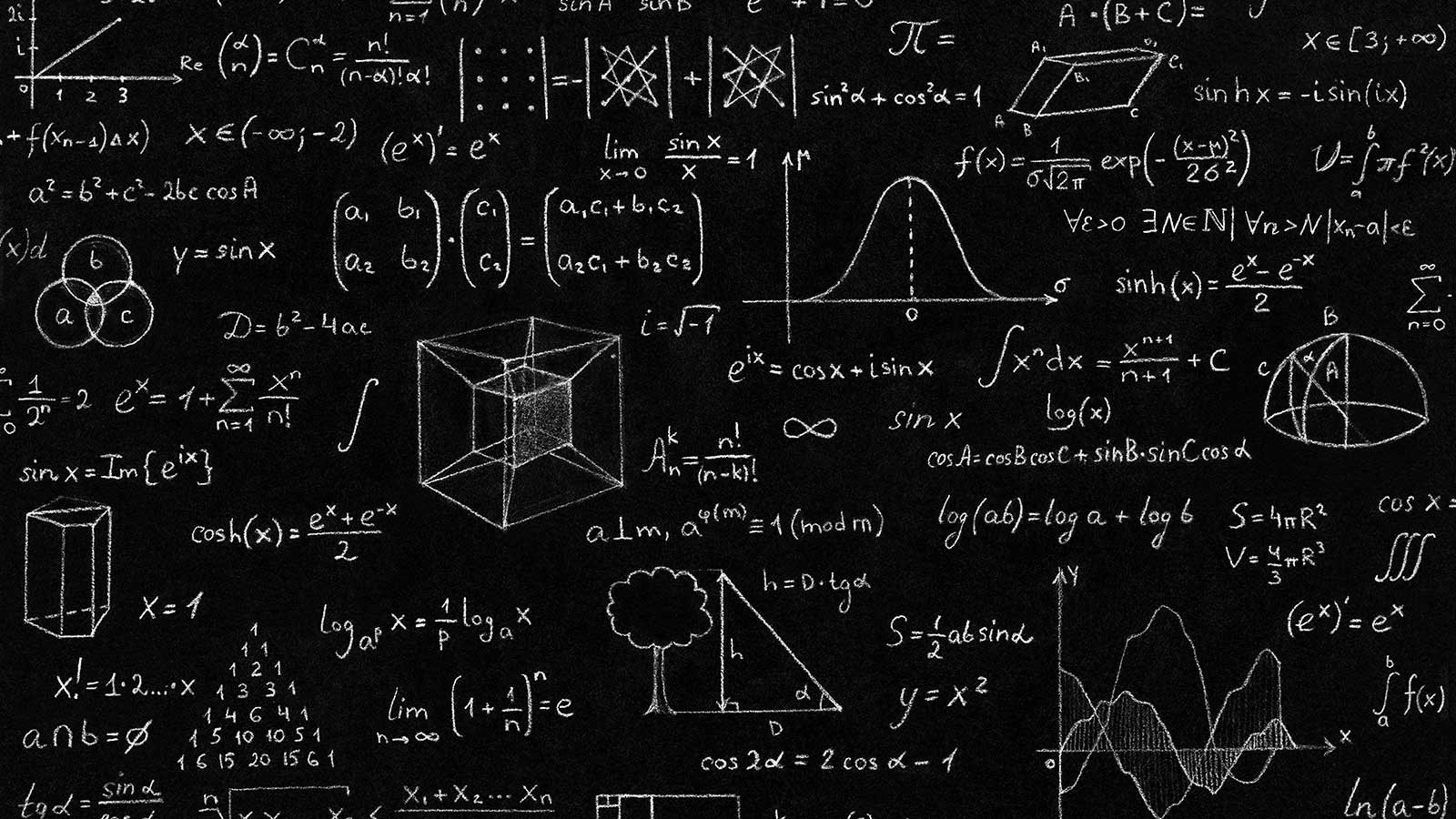
Push the Limits of Knowledge to Find Solutions
We live in a world where math plays an increasingly important role in solving today's most pressing issues. The use of advanced algorithms and computational tools has expanded our understanding of math's vast applications and has also revealed how much we still need to discover.
The PhD in Mathematics at Clarkson University pushes forward innovative solutions by allowing you to acquire specialized knowledge, expand an applied perspective and conduct your own research. Tackle some of the most complex problems with the confidence and know-how of an expert.
Why Earn a PhD in Mathematics From Clarkson University?
Develop specialized knowledge using the resources of a technology-rich university. Through our interdisciplinary approach, collaborate across campus with different scholars and on different issues with an applied mathematical perspective. In addition to increasing your advanced fundamental knowledge of the field, complete your own research meant to bring forward innovative solutions.
We are also a small department with big opportunities. What does that mean? Our faculty are nationally recognized math researchers, conducting studies with academic, industry and government partners. They further serve as dedicated mentors, who guide you toward your individual goals. The Department's environment is collegial and collaborative: we see you as a valuable member of our team and include you to solve research problems together.
Along with research, PhD students gain valuable teaching experience by working with undergrads as teaching assistants or in other capacities.
Curriculum
The PhD in Mathematics consists of 90 credit hours of coursework, seminars and project work. The first two to three years are devoted to coursework, and the remainder of your time centers around research.
The coursework is distributed as follows:
- A minimum of 15 credit hours in a major area.
- A minimum of nine credit hours in a minor area.
- A minimum of six credit hours of work outside the department.
Students also take a General Comprehensive Exam at the end of the second semester. The topics cover Calculus, Differential Equations, Linear Algebra, Real Analysis, Probability and Statistics. By the fourth semester, you must pass two additional written Comprehensive Examinations from the following:
- Category I (Pure Math): Real Analysis, Complex Analysis, Sets and Topology and Numerical Analysis.
- Category II: Matrix Theory and Computations, Partial Differential Equations and Boundary Value Problems, Ordinary Differential Equations, Probability and Measure Theory or Statistics.
To complete the degree, prepare to defend a dissertation based on your research.
For more information, view the course catalog for current program requirements, course numbers and credit hours.
Course Catalog
Review all requirements below.




